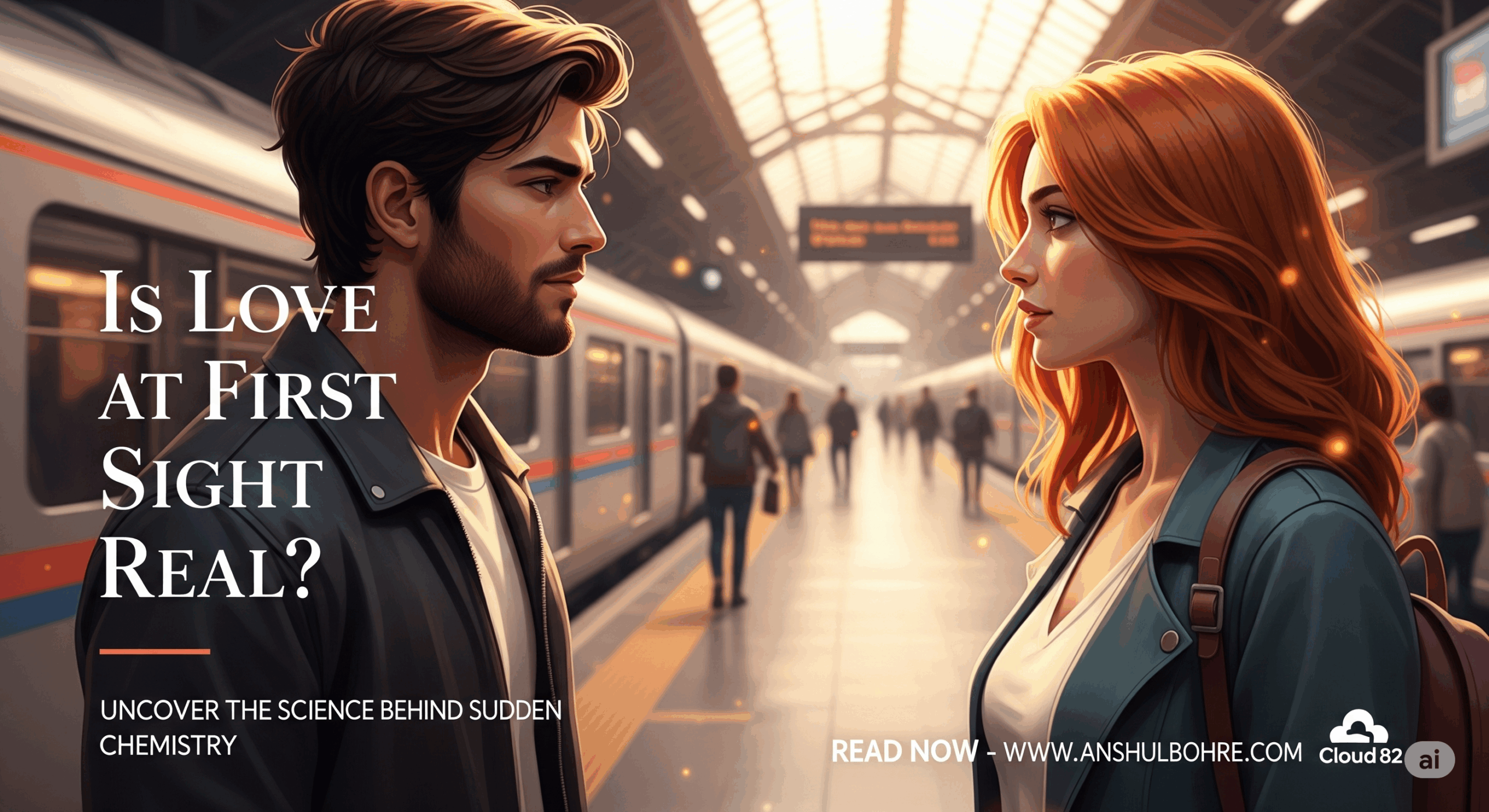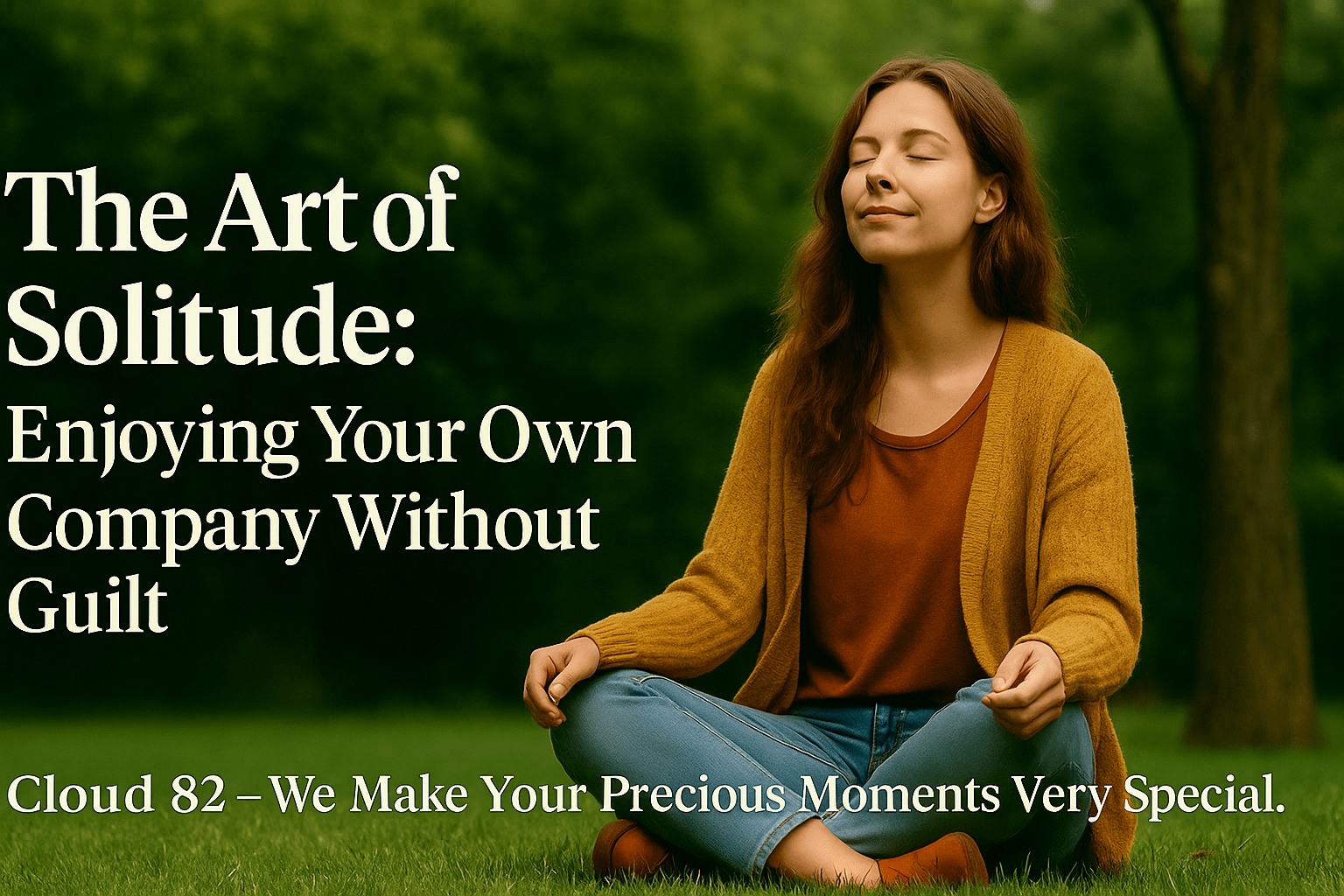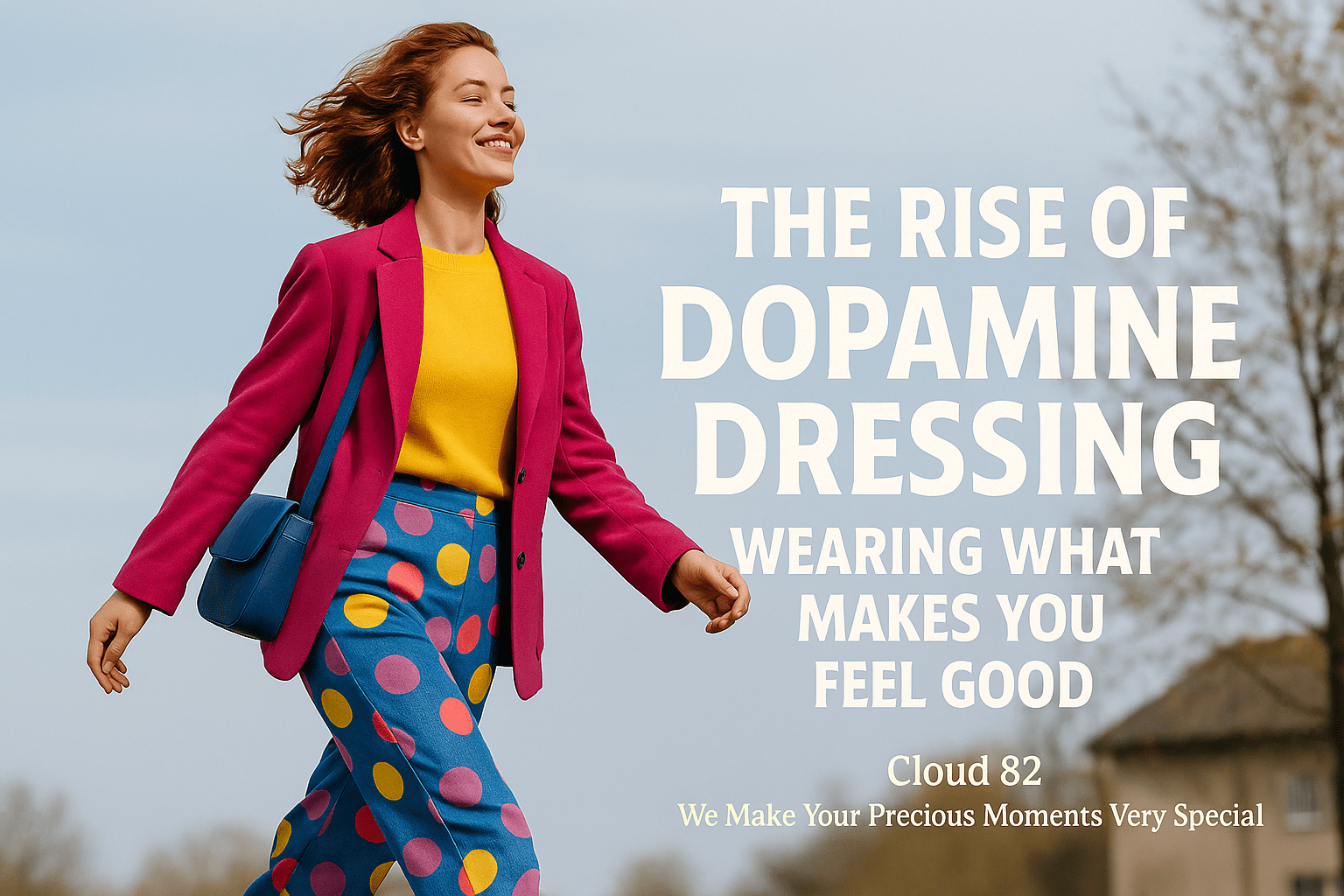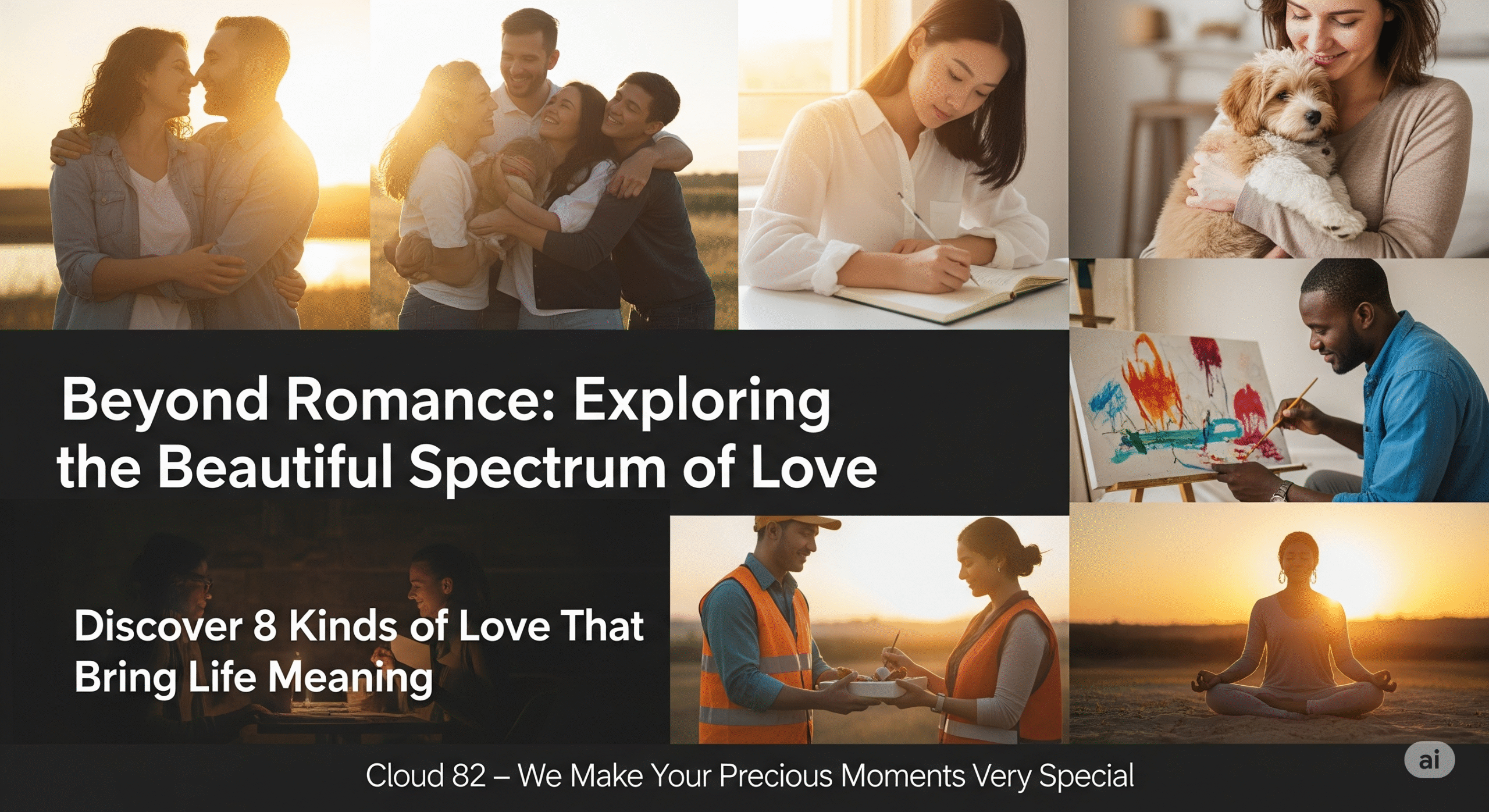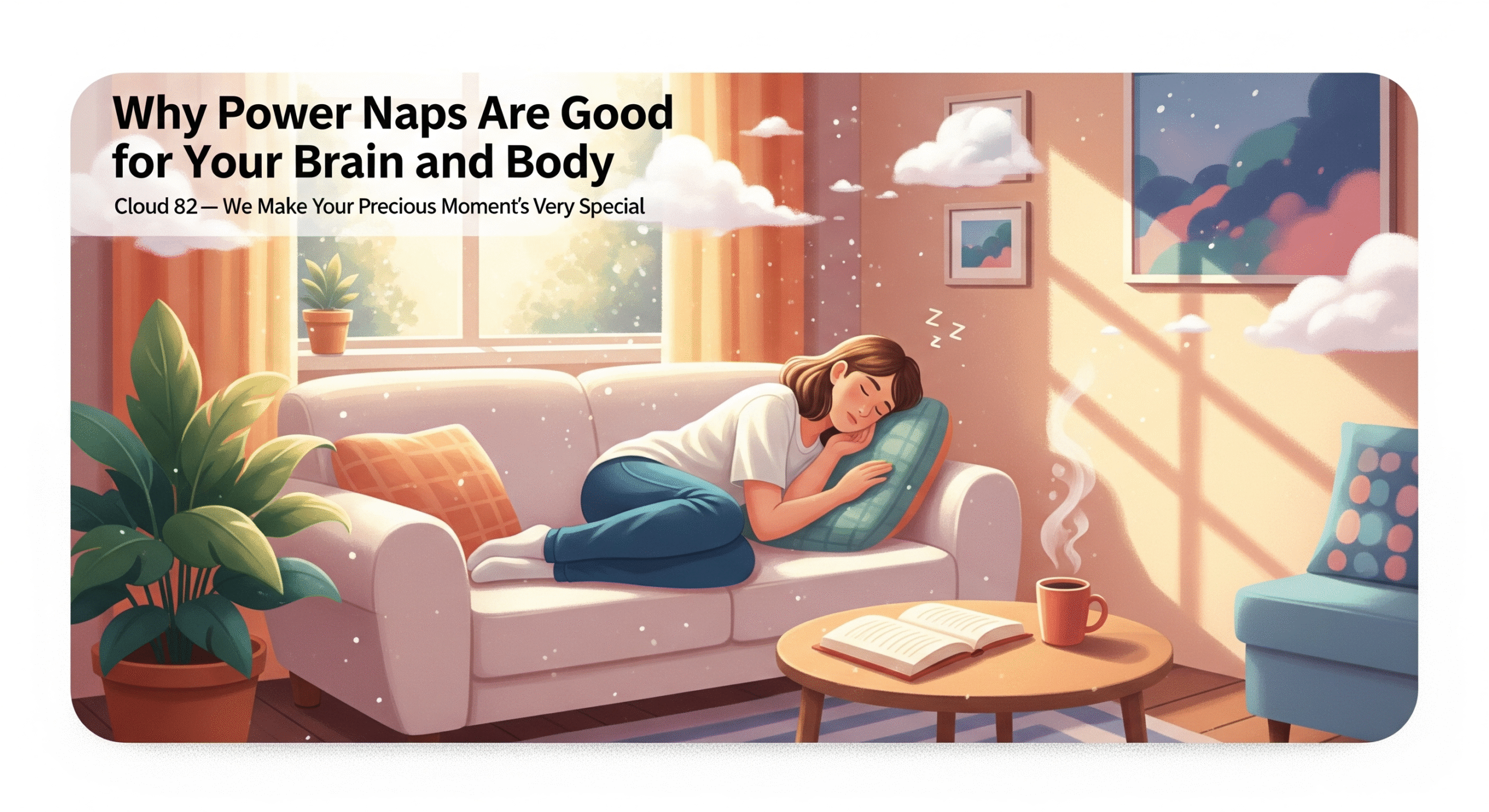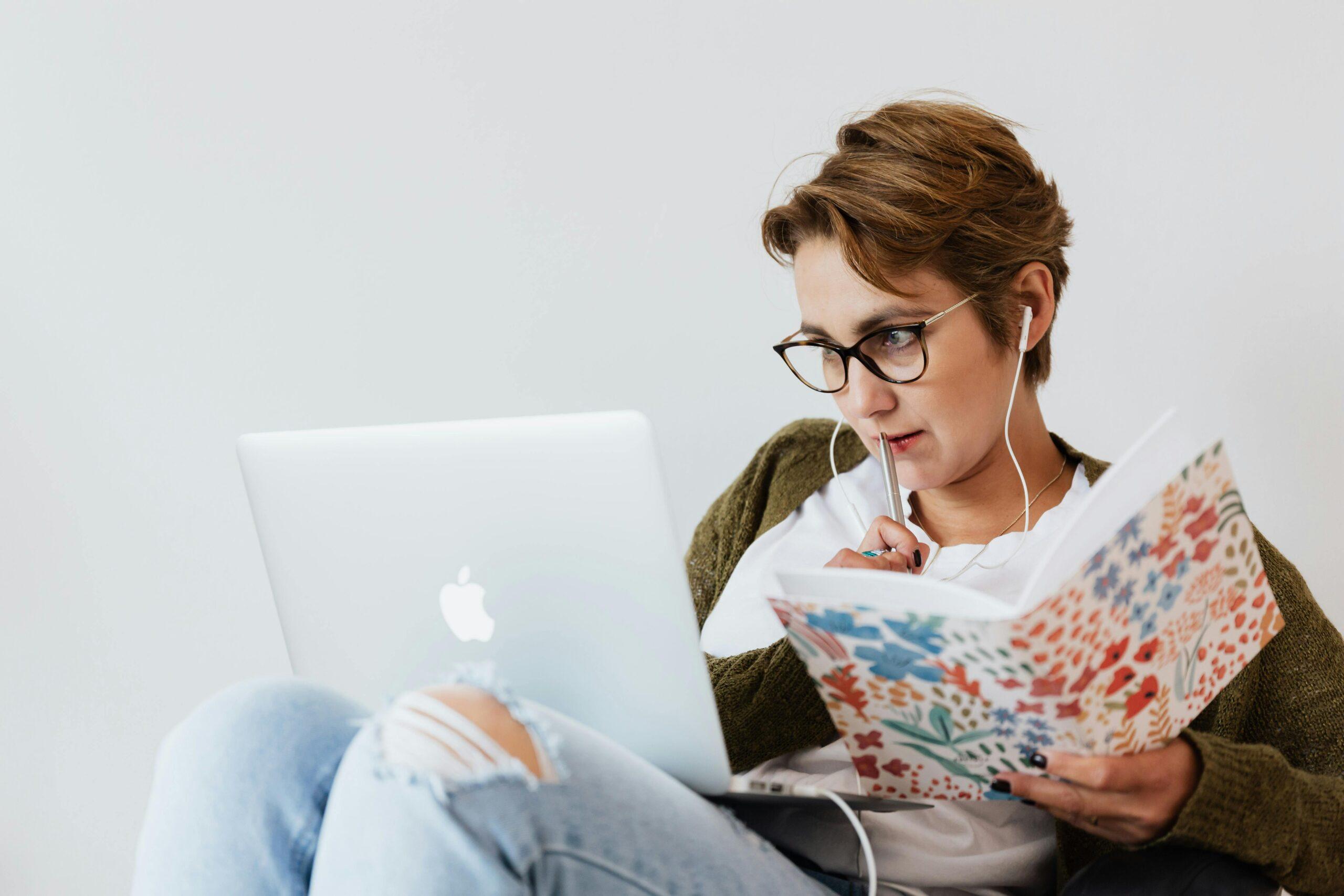
In a world where a single post can garner thousands of likes, it’s easy to feel connected. Yet, beneath the surface of our digital interactions lies a growing concern: mental health. As we through curated feeds filled with perfect moments, many of us grapple with feelings of inadequacy, isolation, and loneliness. This article delves into the complex relationship between social media and mental health, exploring how our online lives can impact our emotional well-being and offering insights into fostering a healthier digital experience.
The Double-Edged Sword of Social Media
The Allure of Connection
Social media platforms like Facebook, Instagram, and Twitter promise connection. They allow us to share our lives, celebrate milestones, and engage with friends and family, regardless of distance. However, this constant connectivity can create a paradox.
- Instant Gratification: The dopamine rush from likes and comments can be addictive, leading us to seek validation through our online presence.
- FOMO (Fear of Missing Out): Seeing friends’ posts can trigger feelings of exclusion, making us feel like we’re missing out on experiences.
“Social media can be a great tool for connection, but it can also amplify feelings of loneliness when we compare our lives to others.”
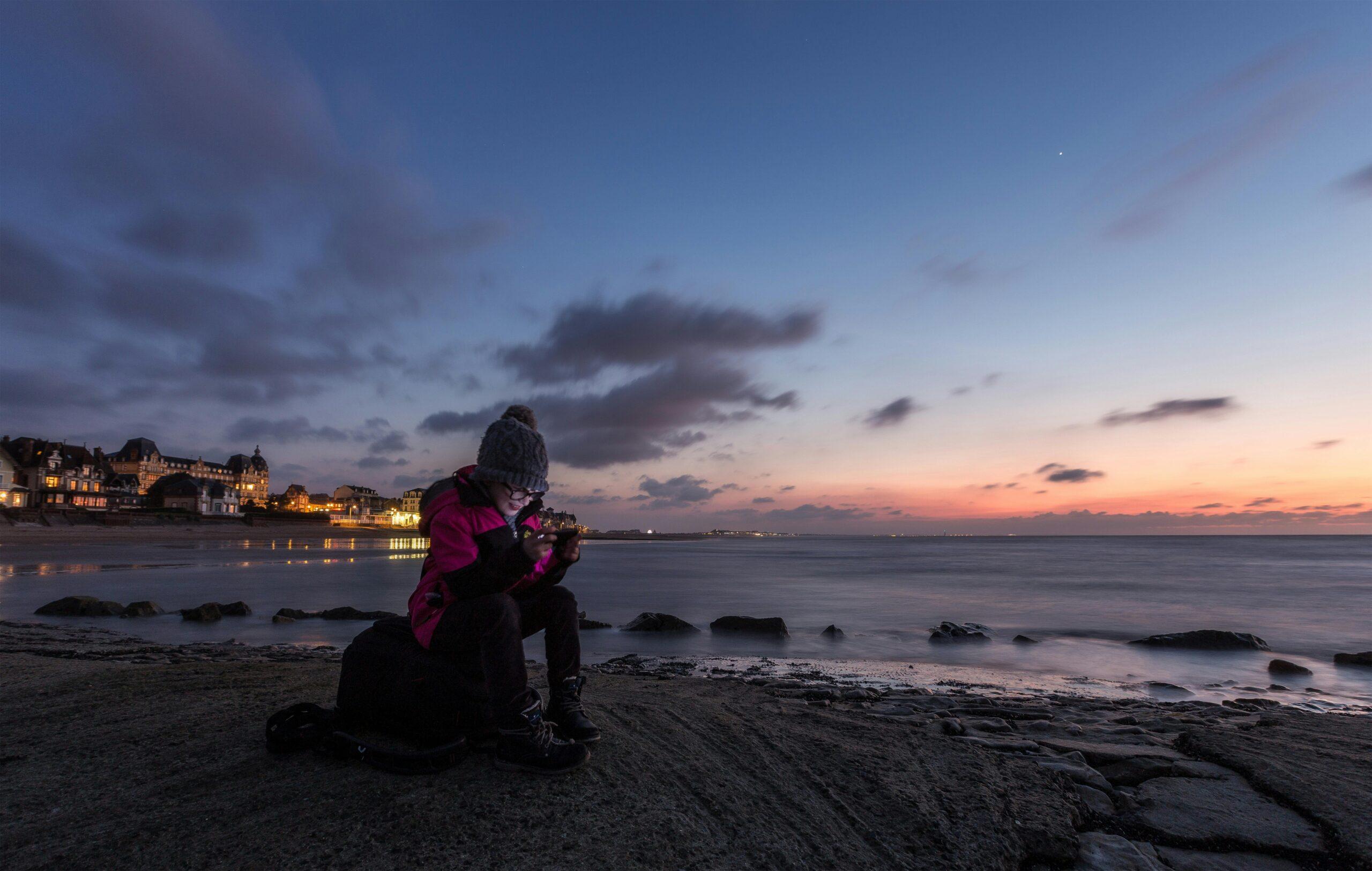
The Impact of Comparison
The curated nature of social media often leads to unhealthy comparisons. We tend to showcase our best moments, which can distort reality for both ourselves and our followers.
- Unrealistic Standards: Constant exposure to idealized images can lead to dissatisfaction with our own lives.
- Mental Health Consequences: Studies have shown that excessive social media use is linked to anxiety, depression, and low self-esteem.
The Loneliness Epidemic
Understanding Loneliness in the Digital Age
Despite being more connected than ever, many individuals report feeling lonelier. This phenomenon raises important questions about the quality of our interactions.
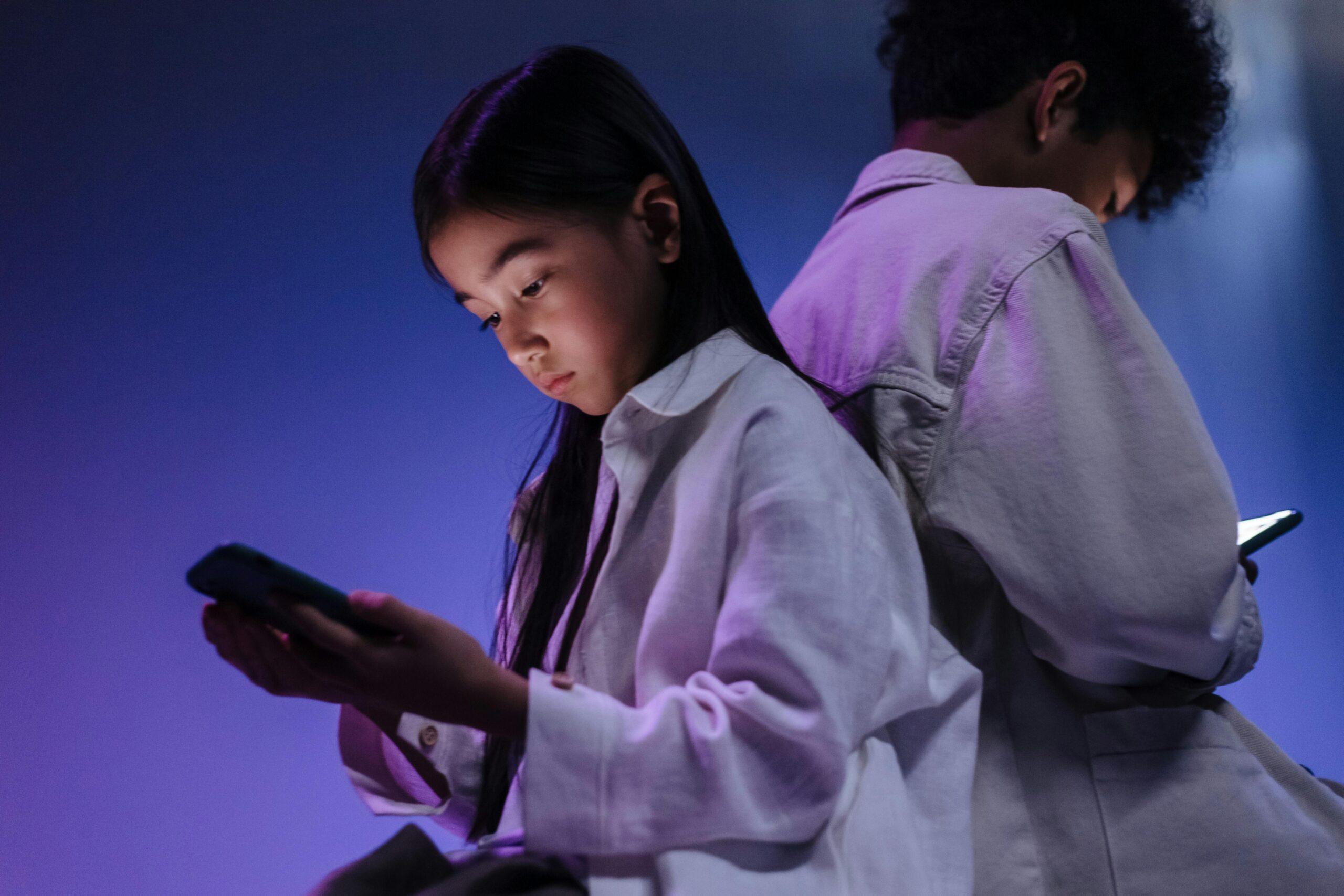
- Superficial Connections: Online friendships can lack the depth of face-to-face interactions, leading to feelings of isolation.
- Social Skills Decline: Relying on digital communication can hinder our ability to engage in meaningful conversations in real life.
The Role of Algorithms
Social media algorithms prioritize content that generates engagement, often leading to echo chambers where users are exposed only to similar viewpoints.
- Polarization: This can create divisions and reinforce negative feelings towards others, further isolating individuals.
- Mental Health Risks: Exposure to negative content can exacerbate feelings of anxiety and depression.
Strategies for a Healthier Digital Experience
Mindful Social Media Use
To combat the negative effects of social media, it’s essential to adopt mindful practices.
- Set Boundaries: Limit your time on social media to reduce exposure to harmful content.
- Curate Your Feed: Follow accounts that inspire and uplift you, and unfollow those that trigger negative feelings.
Foster Real Connections
While social media can facilitate connections, it’s crucial to prioritize real-life interactions.
- Schedule Face-to-Face Time: Make an effort to meet friends and family in person, even if it’s just for a coffee.
- Engage in Community Activities: Join clubs or groups that align with your interests to build meaningful relationships.
“Real connections are built on shared experiences, not just likes and comments.”
Conclusion
As we navigate the complexities of the digital age, it’s vital to recognize the impact of social media on our mental health. While these platforms can foster connection, they can also lead to feelings of loneliness and inadequacy. By practicing mindful social media use and prioritizing real-life interactions, we can cultivate a healthier relationship with technology.
Take a moment to reflect on your own social media habits. Are they serving you, or are they contributing to feelings of loneliness? It’s time to take control of our digital lives and prioritize our mental well-being.
Call to Action
If you or someone you know is struggling with mental health issues, consider reaching out to a professional or a support group. Remember, you are not alone in this journey.For further reading on mental health in the digital age, check out Mental Health America and The American Psychological Association.


